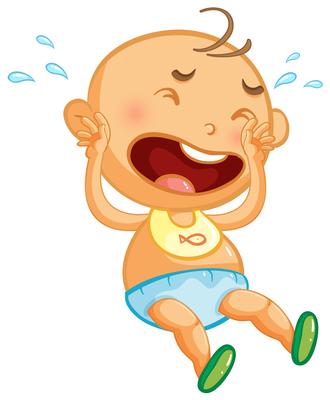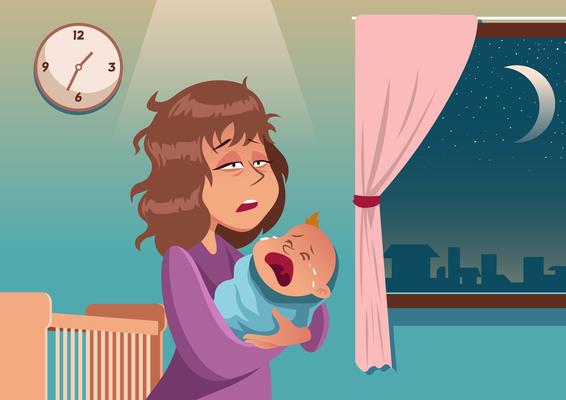
Colic pain:
Colic pain is an intense cramp like feeling in abdomen which goes and comes in the form of episodes. It may affect babies and adults. In babies it is the most common pain. According to a research colic pain can affect 5-40% of the newborns. It usually starts at the age of 3 weeks and its symptoms are at peak during 6th week. At the age of 12-16 weeks the symptoms of colic pain gradually decreased.

Symptoms of colic pain:
Colic pain in babies usually have the following symptoms:
- Constant crying without any apparent reason (don’t need sleep, milk or diaper change). Which is different from hunger cry.
- Try to press his/ her belly. Or bring hands near the during crying.
- Color of the face turns red during the episodes of colic pain.
- Tight or tend belly.
- Bring legs towards chest during colic pain.
- Pass gas.

Reasons of colic pain in babies:
The exact reason of colic pain in babies is not identified however following may be the possible reason for colic pain:
- May be a food eaten by mother is causing colic pain in baby through breast milk
- Over- or underfeeding
- Infrequent burping
- Not proper digestion of milk
- Some environmental factors like intense lights, noise and temperature changes can also cause colic pain.
- Some formula milk and feeding bottles are also causing increase gas and colic pain in infants.
Diagnosing the colic pain in babies:
Colic pain in infants is diagnosed through this formula. That is crying for more than three hours a day, three plus days a week, for three plus weeks.

Management of colicky baby:
Following tips will help you in managing the colic pain in babies:
- Go on a car ride as feels comfortable or relax during the motions. There are some special rocking chairs which help in relieving pain.
- Use pacifiers. When baby is fully feed then give pacifier to your baby.
- Massage the in clockwise and anti-clockwise direction.
- Put the baby in prone position or do tummy time.
- Keep a warm cloth on your baby’s belly it will soothe him/her.
- Exercise your baby’s legs like riding a bicycle.
- Brup your baby frequently during or after feeding
- Check mother’s diet if she is breastfeeding. As baby may be allergic to some things which mother is eating.
- Check formula milk or consult the doctor to suggest a good formula milk and feeding bottle which helps in reducing colic symptoms.
